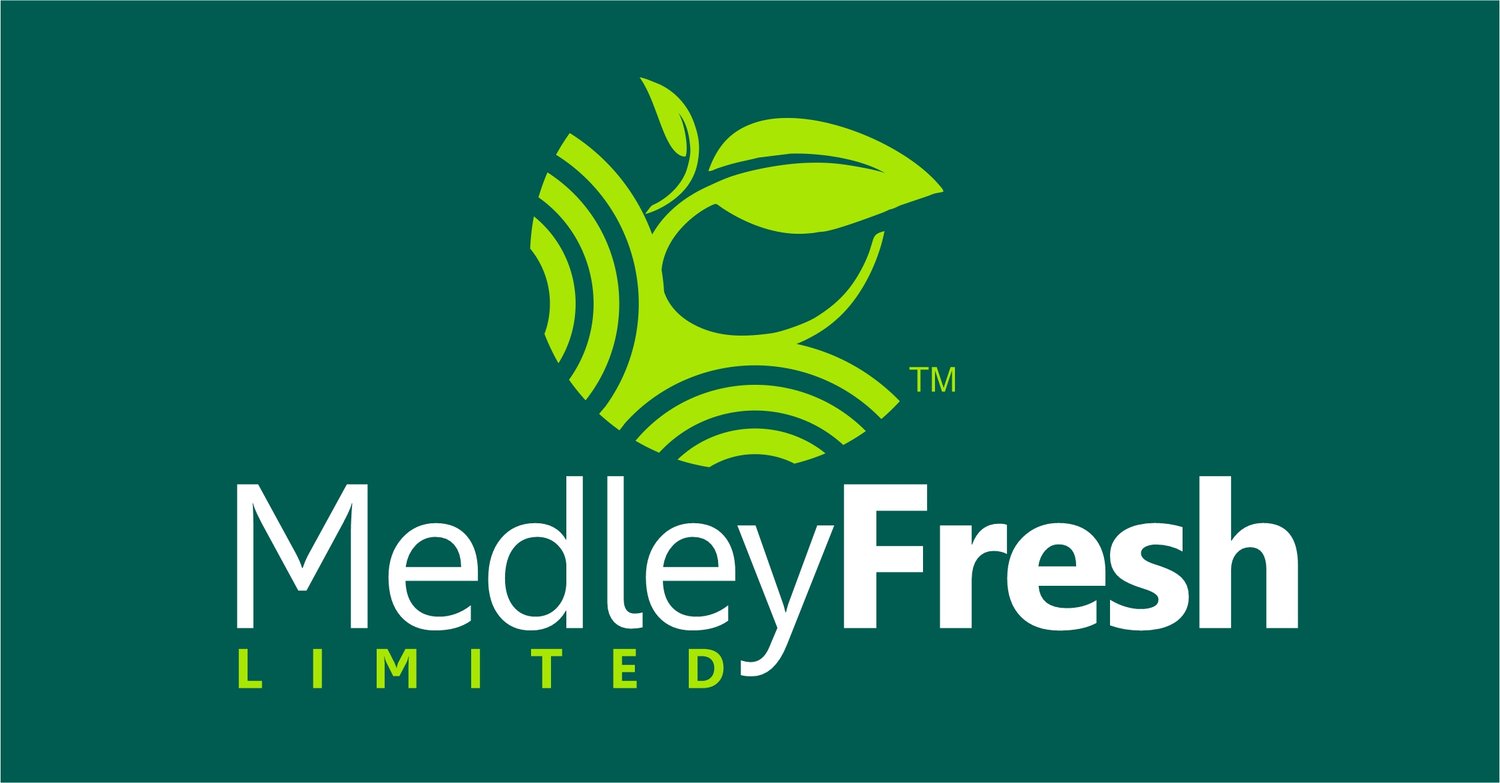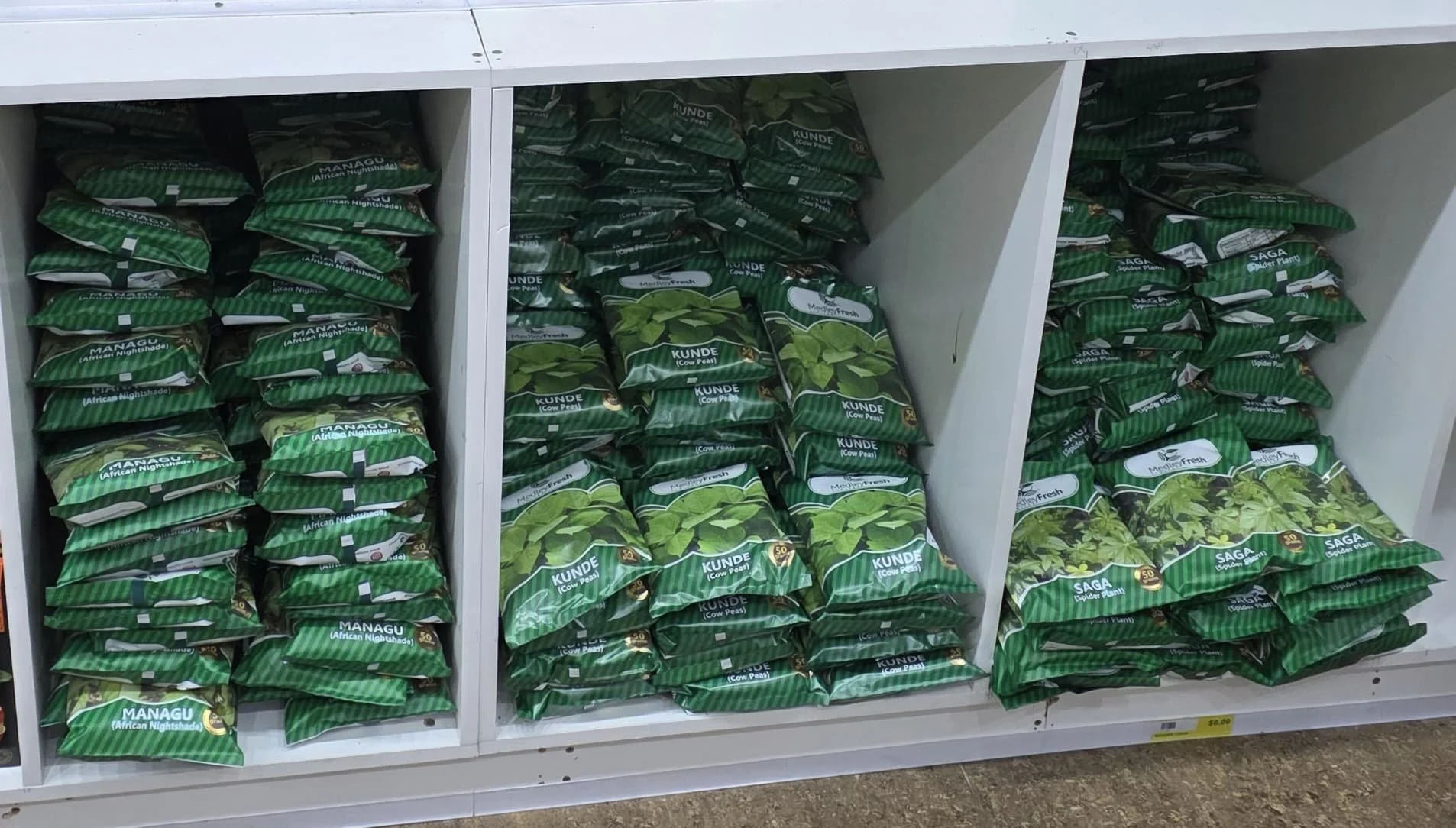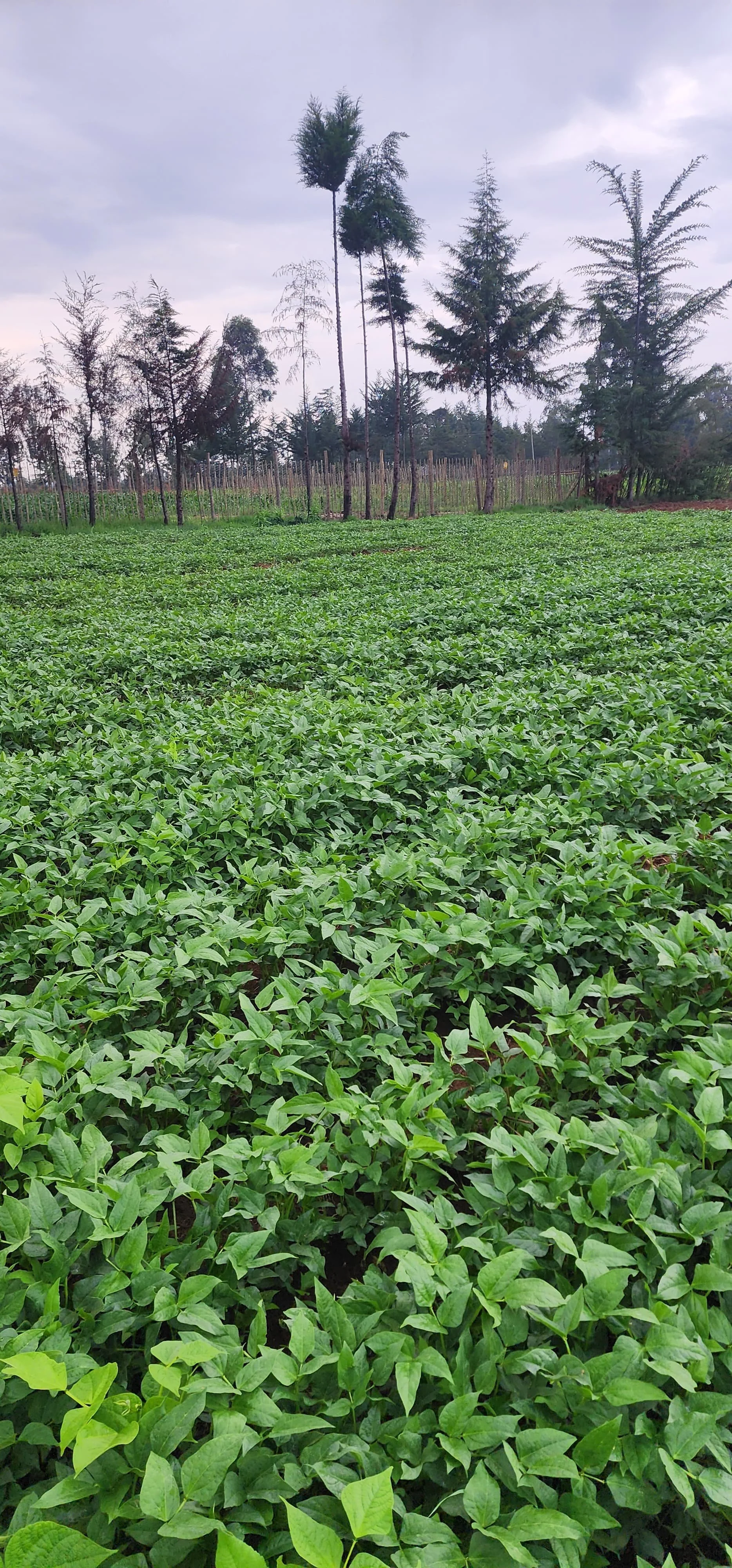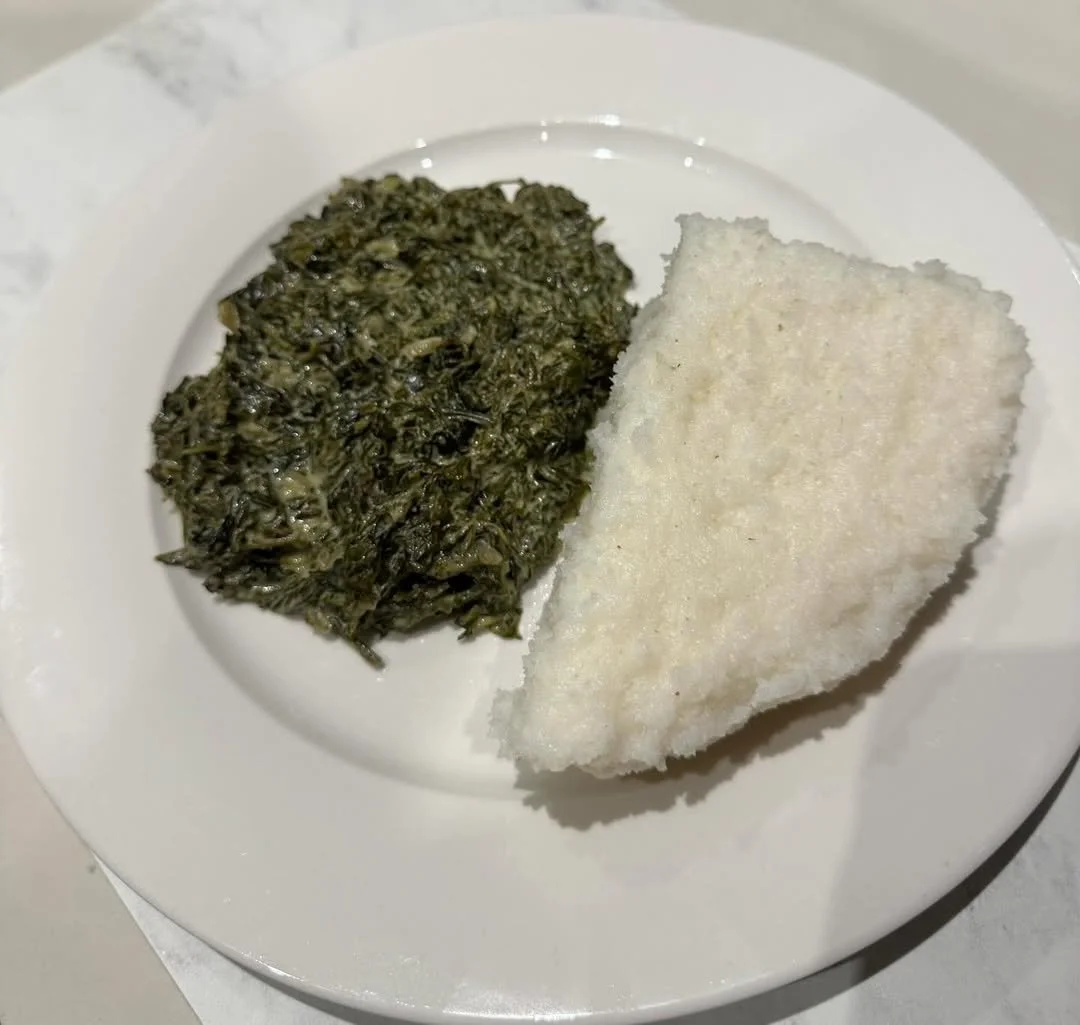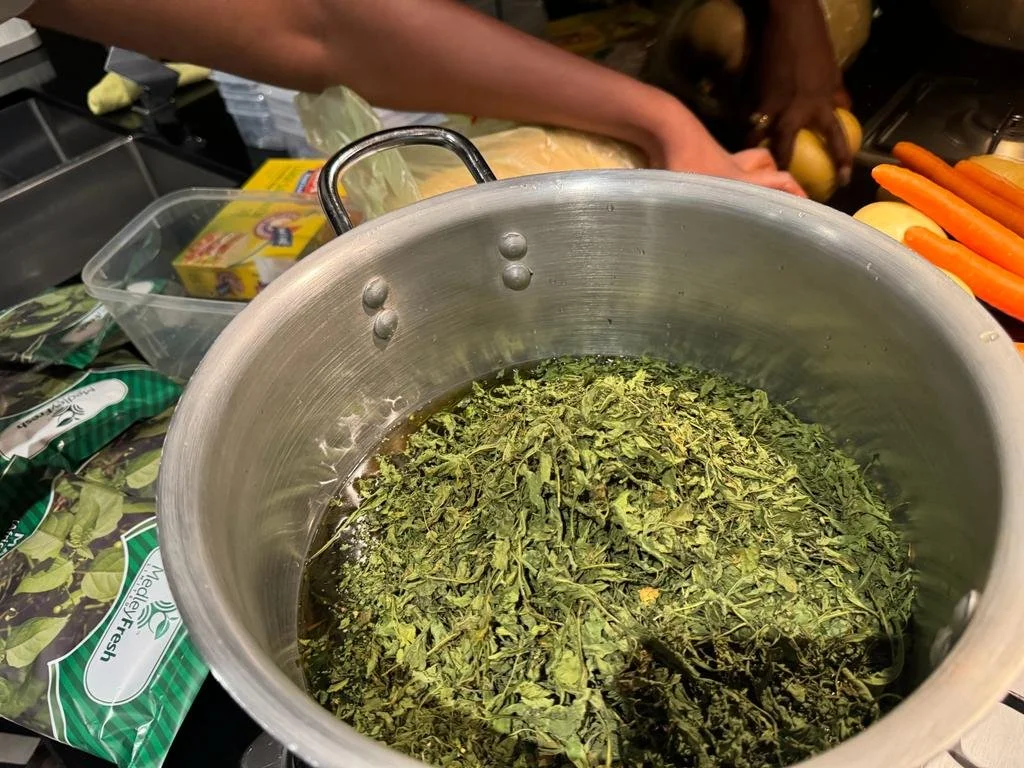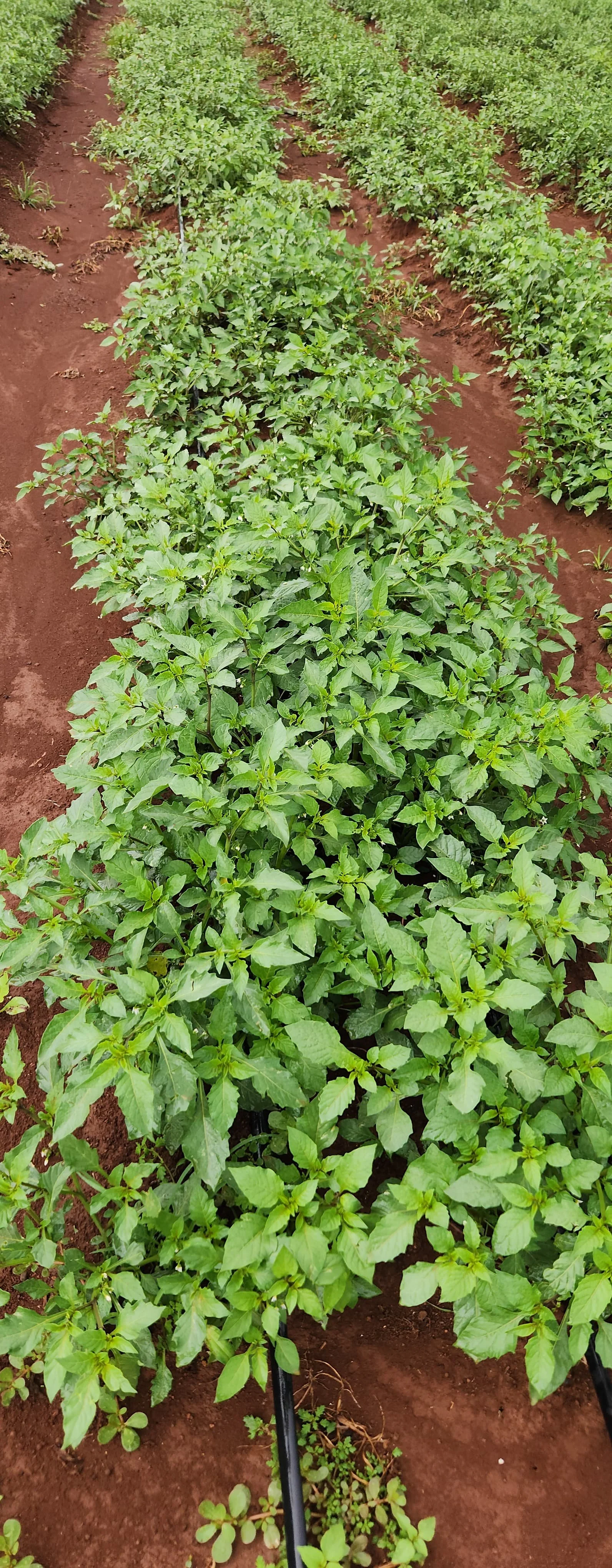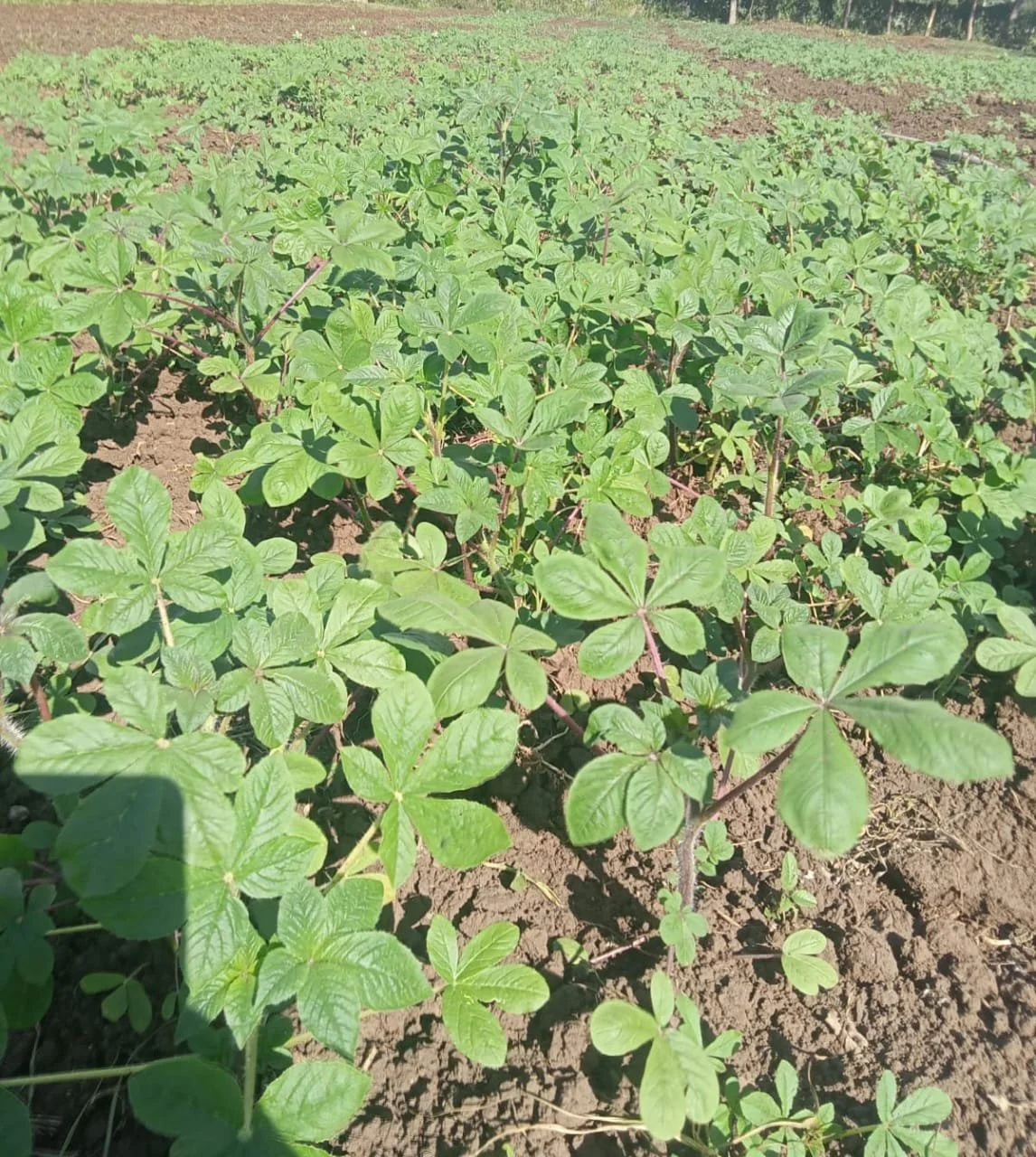Who we are
Welcome to MedleyFresh Limited, a leading exporter of high-quality dried traditional vegetables. With an unwavering commitment to excellence, sustainability, and customer satisfaction, we have established ourselves as a trusted name in the industry.
Our Product Range
At MedleyFresh, we take pride in producing, processing, and exporting exceptional dried traditional vegetables. Our products are renowned for their authentic taste, vibrant color, rich aroma and nutritional value.. We meticulously select seeds, nurture plants, and harvest only the finest produce to ensure that our customers worldwide receive nothing but premium-quality products. All our produce is 100% natural and organic.
Our Vision
At MedleyFresh, we aspire to be a globally recognized leader in the dried vegetable export industry, renowned for our exceptional quality, sustainable practices, and customer-centric approach. Our goal is to be the preferred choice for customers seeking premium vegetables.
Our Mission
We are dedicated to delivering the finest quality products while promoting sustainability, supporting local communities, and prioritizing customer satisfaction. We achieve this through:
Quality Assurance
Our dedicated quality assurance team rigorously inspects every product to maintain the highest standards. Utilizing state-of-the-art facilities and strict adherence to international regulations, we guarantee exceptional freshness, taste, and appearance.Sustainability and Organic Excellence
Medley Fresh is deeply committed to sustainable farming practices and the production of organic goods. Our team employs environmentally friendly techniques, ensuring minimal ecological impact while promoting consumer well-being.Customer-Centric Approach
Customer satisfaction is at the heart of everything we do. We strive to understand customer needs, provide personalized support, and ensure a seamless experience from inquiry to delivery. Our dedicated customer service team is readily available to address any inquiries or concerns.Global Reach and Reliable Delivery
With a robust global network and trusted shipping partners, we ensure timely and reliable delivery worldwide. Our expert logistics team guarantees efficient handling, secure packaging, and seamless transportation, preserving the integrity of our products.Continuous Innovation and Improvement
At MedleyFresh, we embrace continuous improvement in every aspect of our operations. By actively seeking feedback from customers, suppliers, and stakeholders, we enhance processes, expand our product range, and stay ahead of industry trends.
By steadfastly following our vision and mission, we aim not only to meet but exceed customer expectations, fostering a more sustainable and healthier world.
Managu
(African Nightshade)
Managu refers to the leaves of various species within the Solanum genus, particularly Solanum Nigrum. It is a nutritious leafy vegetable widely consumed in East Africa and goes by various local names across the region.
Description
Managu, also known as African nightshade, is valued for its rich nutritional content and its role in traditional East African cuisine.
Nutritional Value
Managu is highly regarded for its health benefits, offering:
Vitamins: Rich in Vitamin A, Vitamin C, and Vitamin E.
Minerals: Contains significant amounts of iron and calcium.
Fiber: Contributes to healthy digestion.
Protein: Offers a good amount for a leafy green.
Antioxidants: Helps protect the body from cell damage.
Specific Nutritional Breakdown (per 100g fresh weight):
Iron: 1.0 mg
Protein: 4.3 g
Calories: 38 kcal
Carbohydrates: 5.7 g
Fiber: 1.4 g
Calcium: 442 mg
Ascorbic Acid (Vitamin C): 20 mg
Beta-Carotene (precursor to Vitamin A): 3660 μg
Phosphorus: 75 mg
Riboflavin (Vitamin B2): 0.59 mg
Water: 87.2 g
Culinary Uses
Managu is a versatile vegetable in East African cooking. Common preparations include:
Boiling and Sautéing: The leaves are often boiled to reduce bitterness, then sautéed with onions, tomatoes, and sometimes milk, cream, or cooking oil.
Stewing: Managu can be added to stews, often combined with other traditional vegetables.
Side Dish: Frequently served as a side dish alongside staple foods like ugali.
To reduce its slightly bitter taste, Managu is often boiled, and the water discarded before further cooking. Adding milk or cream creates a milder, richer flavor.
Availability: Managu is widely available in both rural and urban markets across East Africa.
Conclusion
Managu is a highly nutritious and culturally significant vegetable in East Africa, valued for its health benefits and unique flavor in a variety of traditional dishes
Saga
(Spider Plant / Cat's Whiskers)
Saga, scientifically known as Cleome Gynandra, is a popular and nutritious leafy vegetable, particularly in East Africa. It is commonly referred to as Spider Plant and is recognized for its distinctive palmate leaves and slightly bitter taste.
Nutritional Value
Saga is highly regarded for its health benefits, offering:
Protein: Important for muscle building and repair.
Calcium: Crucial for bone health.
Iron: Necessary for carrying oxygen in the blood.
Fiber: Aids in digestion.
Vitamins: Contains various essential vitamins.
Antioxidants: Help protect the body from damage.
Specific Nutritional Breakdown (per 100g fresh weight):
Energy: 43 kcal
Protein: 4.8 g
Fat: 0.8 g
Carbohydrates: 2.1 g
Fiber: 4.3 g
Calcium: 189 mg
Iron: 2.6 mg
Vitamin C: 64 mg
Beta-Carotene (precursor to Vitamin A): 2603 μg
Culinary Uses
Saga is a versatile vegetable in East African cooking. Common preparations include:
Boiling: The leaves are usually boiled until tender, with the water sometimes changed to reduce bitterness.
Sautéing: Boiled Saga is often sautéed with onions, tomatoes, and sometimes oil.
Stewing: It can be added to stews, often combined with other traditional vegetables.
Side Dish: Commonly served as a side dish alongside staple foods like ugali.
Other Names
Saga is known by different names, including:
Spider Plant
Cat’s Whiskers
Local Names: "Chinsaga" or "Isaga" in some East African regions.
Availability
Saga often grows wild or is cultivated, making it readily accessible in East Africa. It is generally available year-round.
Conclusion
Saga is a valuable vegetable in the East African diet, providing essential nutrients and a unique, slightly bitter flavor to meals
Kunde
(Cowpea Leaves)
Kunde, scientifically known as Vigna unguiculata, refers specifically to the leaves of the cowpea plant. These dark green, tender leaves are widely consumed in East Africa. The cowpea plant itself is a legume, cultivated for both its beans and leaves.
Nutritional Value
Kunde is highly regarded for its health benefits, offering:
Protein: Important for muscle building and repair.
Calcium: Crucial for bone health.
Iron: Necessary for carrying oxygen in the blood.
Fiber: Aids in digestion.
Vitamins: Contains various essential vitamins.
Antioxidants: Helps protect the body from cell damage.
Specific Nutritional Breakdown (per 100g fresh weight):
Water: 87.2 g
Iron: 1.0 mg
Protein: 4.3 g
Calories: 38 kcal
Carbohydrates: 5.7 g
Fiber: 1.4 g
Calcium: 442 mg
Ascorbic Acid (Vitamin C): 20 mg
Beta-Carotene (precursor to Vitamin A): 3660 μg
Phosphorus: 75 mg
Riboflavin (Vitamin B2): 0.59 mg
Culinary Uses
Kunde is a versatile vegetable in East African cuisine. Common preparations include:
Boiling and Sautéing: The leaves are typically boiled until tender and then sautéed with onions, tomatoes, and sometimes milk or cream.
Stewing: Kunde can be added to stews, often mixed with other traditional vegetables.
Side Dish: Commonly served as a side dish alongside staple foods like ugali (maize meal).
Other Names
Kunde is known by different names, including:
Cowpea Leaves (English)
Local Names: Varies by region and language in East Africa.
Availability
Kunde is widely available in East Africa and is often grown year-round, either cultivated or found in the wild.
Conclusion
Kunde is a valuable vegetable in the East African diet, providing essential nutrients and a distinct, earthy flavor to meals.
Contact us
Interested in working together? Fill out some info and we will be in touch shortly. We can’t wait to hear from you!
